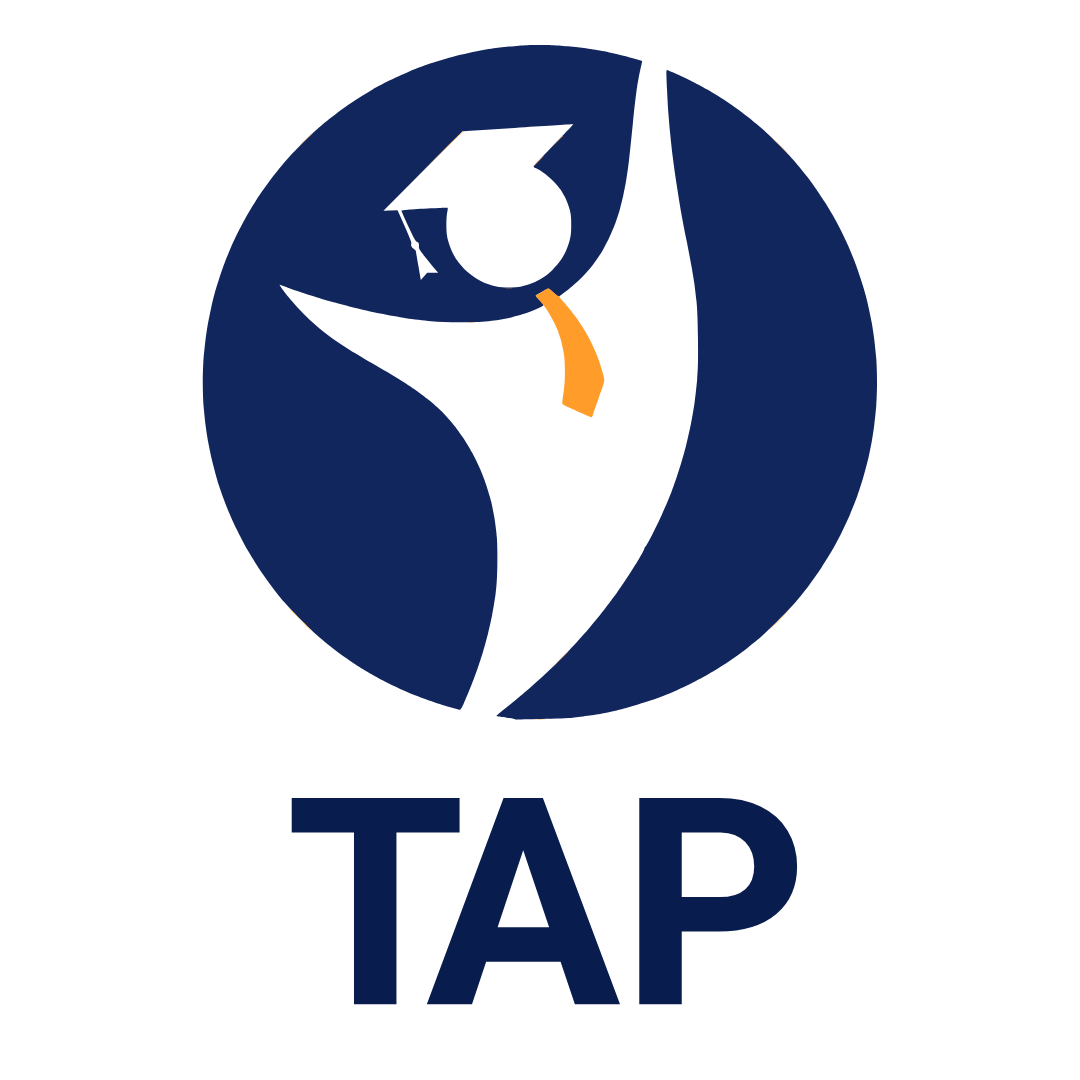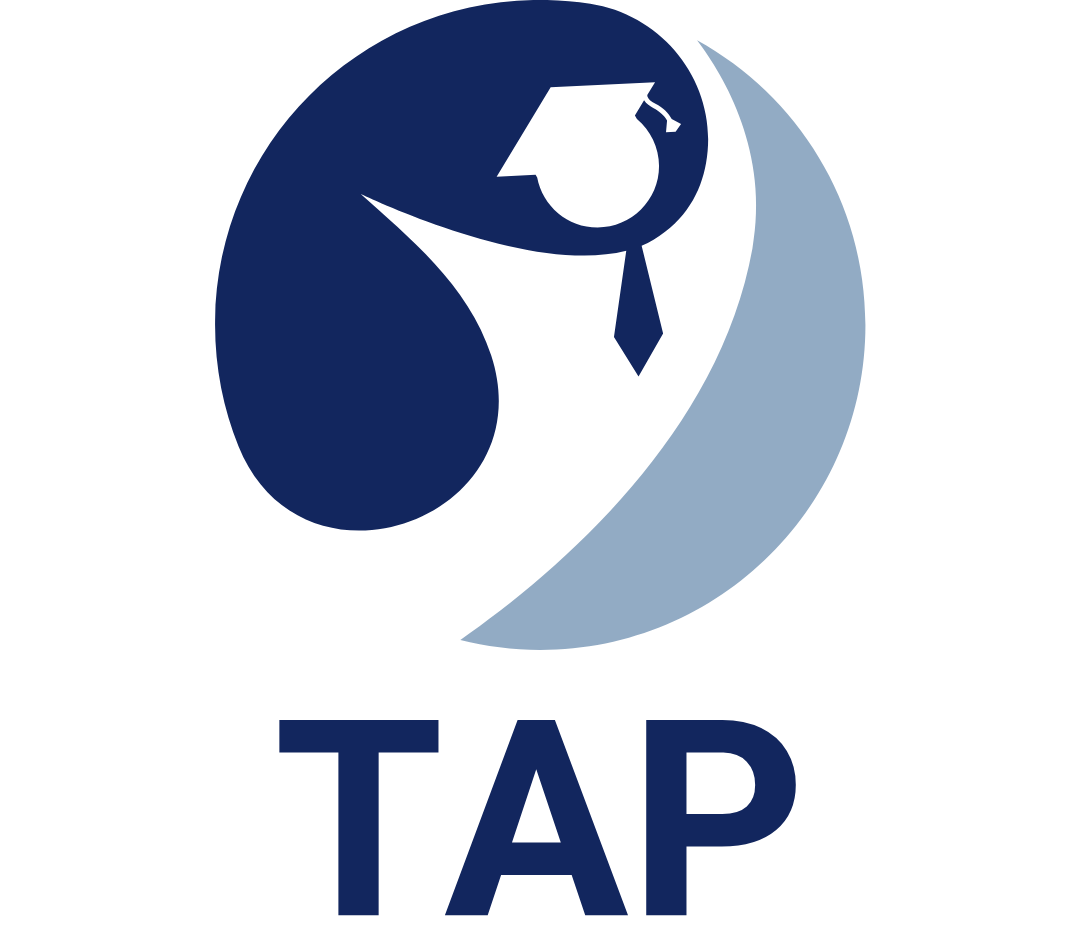Take control of your personal growth with our personal development plan online course. Firstly, you will gain confidence through simple exercises. And also, practical tools. In addition, the course covers how to build a strong personal brand. Along with, develop leadership traits. And also, apply mentoring strategies. As a result, this helps you achieve both personal and career success.
Furthermore, you will learn to communicate with impact and lead with purpose. And also, create lasting relationships. Moreover, with expert guidance and flexible learning, you progress at your own pace. And also, if you are ready to begin, sign up today at Elearning.co.za and start your transformation. As a result, this course will unlock your full potential for lasting success.
Key Details
About the Course
To begin with, you will learn how to create a personal brand. Secondly, make a strong first impression. Additionally, leadership traits such as confidence and influence are explored. Moreover, you will discover effective mentoring strategies while developing yourself.
In addition, this course includes lessons on clear communication. And also, building daily success habits. Later on, you will apply these skills in real-life scenarios through practical exercises. Moreover, you will set goals, manage emotions, and see how good character strengthens leadership. Lastly, you will understand how continuous improvement supports long-term success.
Why Take This Course
Eventually, personal development growth can change your life. For this reason, the course provides clear, practical tools to help you succeed. Moreover, these tools help build your confidence, leadership, and influence.
Firstly, learn how to create a personal brand at work. Or also, in a social space. Additionally, this course is not only for professionals. But also, for anyone who wants to grow faster. As a result, you stand out when it matters most.
Eventually, you will feel prepared to lead in any setting. Moreover, not only will you stay calm under pressure and set strong goals. And also inspire others. But you will master clear communication with both teams.
Additionally, the course also promotes daily practice. And also, lifelong learning. As a result, these habits help keep your skills sharp. And also, your mindset focused.
What You Will Gain From This Course
- First, you will learn how to build a strong personal brand.
- Next, ways to grow your confidence and leadership skills.
- Then, how to communicate clearly and with impact.
- And then, simple strategies to set goals and stay focused.
- Lastly, how to mentor others while improving yourself.
Course Overview
As you know, this personal development course builds success skills like confidence and leadership. For example, you will learn how to create a strong brand. And also, lead teams. You will also be able to set clear goals. And also, manage setbacks.
Moreover, you will practice focus. And also, resilience in challenging moments. These skills help you grow in both your career. And also, in personal life. By the time you finish, you will feel ready to lead with confidence. Finally, mastering these basics will prepare you for lasting success.

Comprehensive Curriculum
Learn key personal development skills in our easy 5-unit course. Note, each unit covers steps to learn with confidence. Furthermore, you will build the skills needed to have personal development.

Practical Skills
Build confidence through hands-on exercises. Moreover, realistic scenarios help prepare you for real-life emergencies. In addition, you will strengthen your decision-making skills. As a result, you will be ready to act quickly when it matters most.

Flexible Learning
You can choose to take the course online, in a classroom, or both. Furthermore, you will have 12 months of access to all learning materials. As a result, this flexible structure allows you to learn at your own pace and convenience.
Course Content
SpecCon Holdings (Pty) Ltd
Primacy effect
General communication
Brand differentiator
Summary of building a brand.
Key Details
- Effective leaders perceive a NEED, possess a GIFT, pursue a PURPOSE, parade a PASSION. And also, persuade PEOPLE
- Leadership
- Great purpose.
- Character.
- Accessible.
- Winning with mentoring.
Benefits for the mentor.
Assumptions that form a solid foundation for mentoring.
Roles the mentor may need to play.
Distinct stages in mentoring.
Pitfalls of mentoring.

